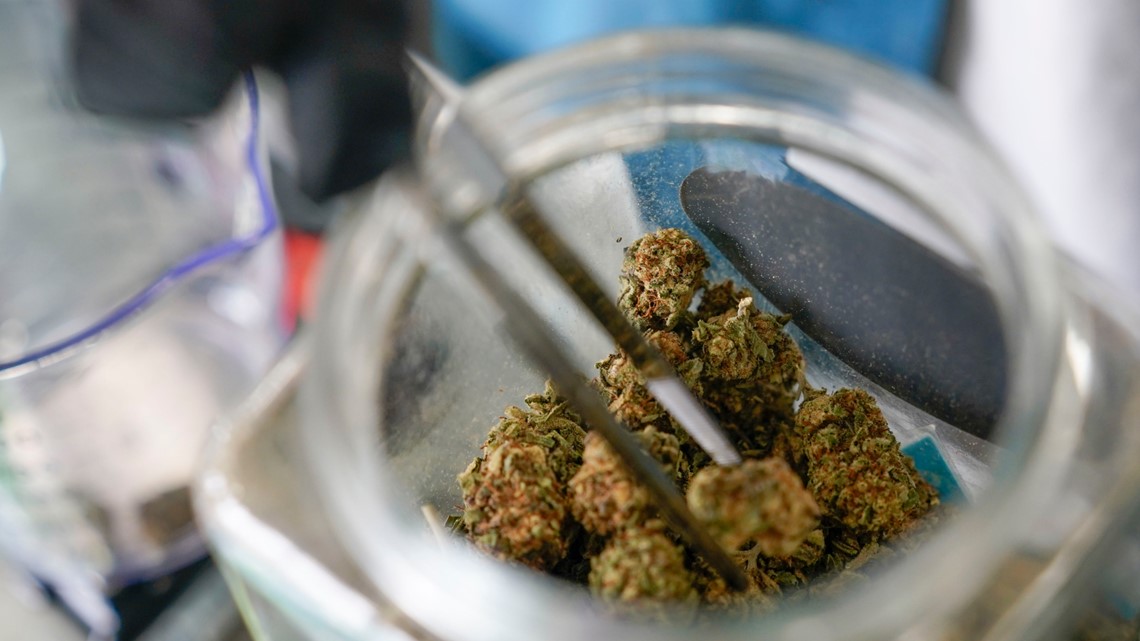Washington D.C. Enhances Medical Cannabis Regulations and Extends Tax Holiday
LOS ANGELES- In a significant legislative move, the Council of the District of Columbia has unanimously passed the “Medical Cannabis Patient Card Extension 4/20 Medical Cannabis Sales Tax Holiday Week Emergency Amendment Act of 2024.” This act amends Title 7 of the DC Official Code to implement three critical changes aimed at improving the medical cannabis framework within the district.
Firstly, the act extends the validity period of medical cannabis patient and caregiver cards from two years to six years, significantly reducing the administrative burden on patients and caregivers in maintaining their eligibility for medical cannabis.
Secondly, it grants the Alcoholic Beverage and Cannabis Administration (ABCA) emergency closure authority. This power allows the ABCA to shut down unlicensed cannabis retailers and confiscate any cannabis products deemed a threat to public safety. This move is in response to concerns over the proliferation of unlicensed cannabis outlets within the district and their potential risk to community safety.
Lastly, the council has expanded the medical cannabis tax holiday from its original span of April 20-24 to a two-week period from April 15 to April 28. This extension is part of a broader strategy to attract patients to the legal cannabis market, making medical cannabis more accessible and affordable.
Councilmember Kenyan McDuffie emphasized the importance of these measures in supporting the district’s medical cannabis industry and ensuring patient access to legal cannabis products. Mayor Muriel Bowser also voiced her support, highlighting the alignment with Maryland’s patient card validity period and the crucial role of the tax holiday in bolstering the local industry.
The enactment of these measures comes against the backdrop of a tragic incident involving the murder of local rapper Phil Da Phuture at an unlicensed dispensary, underscoring the urgency in regulating the cannabis market to safeguard the community.
Moreover, the council addressed the issue of illegal dispensaries, with estimates suggesting around 200 such establishments operate in the district, a fraction of which have applied for licenses. The council has also deliberated on zoning rules concerning the proximity of dispensaries to schools, although a measure to amend these rules was vetoed.
These legislative updates reflect Washington D.C.’s ongoing efforts to refine its cannabis policies, balancing the need for regulation with the goal of ensuring safe and equitable access to medical cannabis. The measures aim to streamline the licensing process, clamp down on illegal operations, and make medical cannabis more accessible to those in need, marking a pivotal step in the district’s cannabis regulation journey.



































